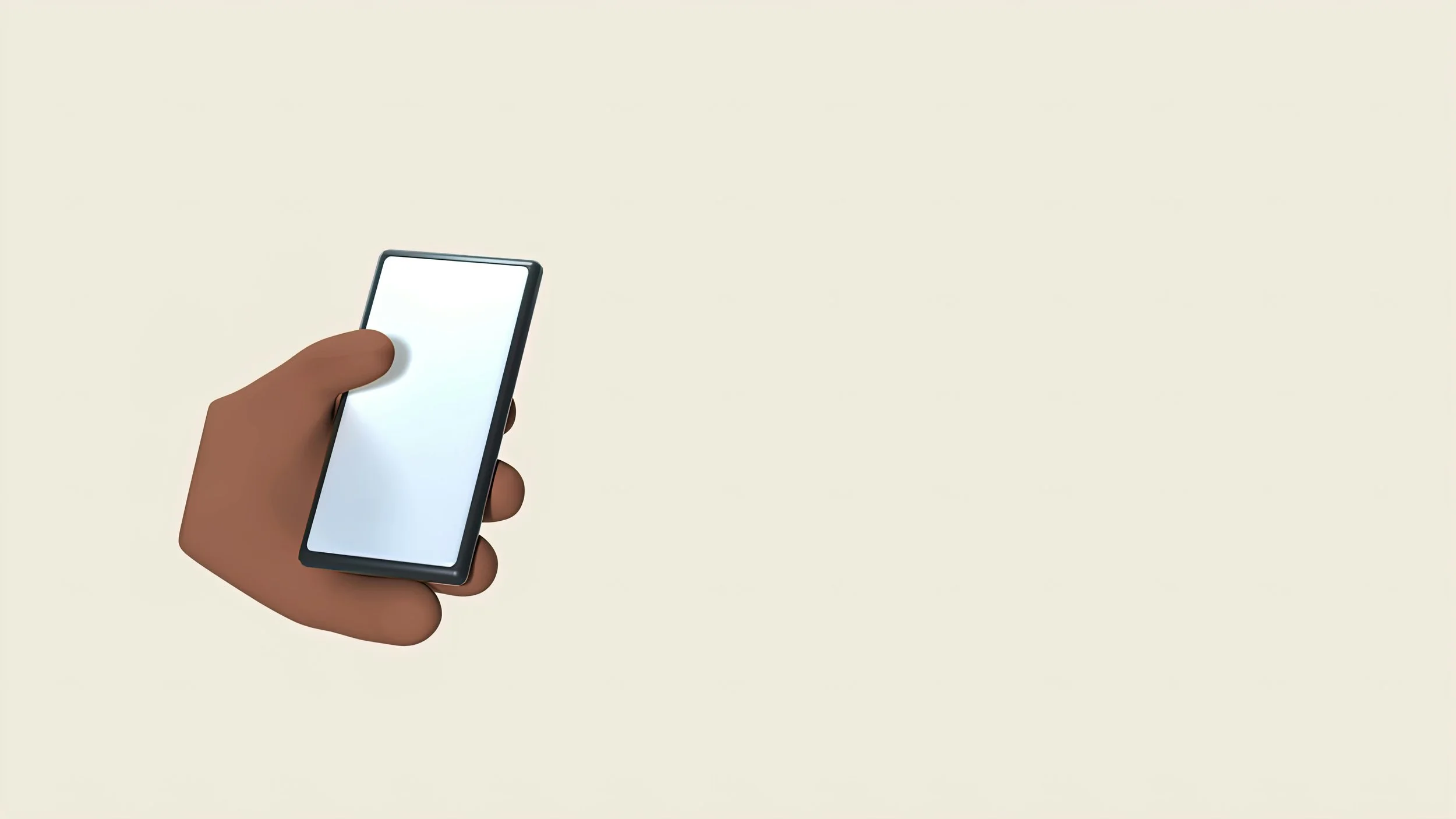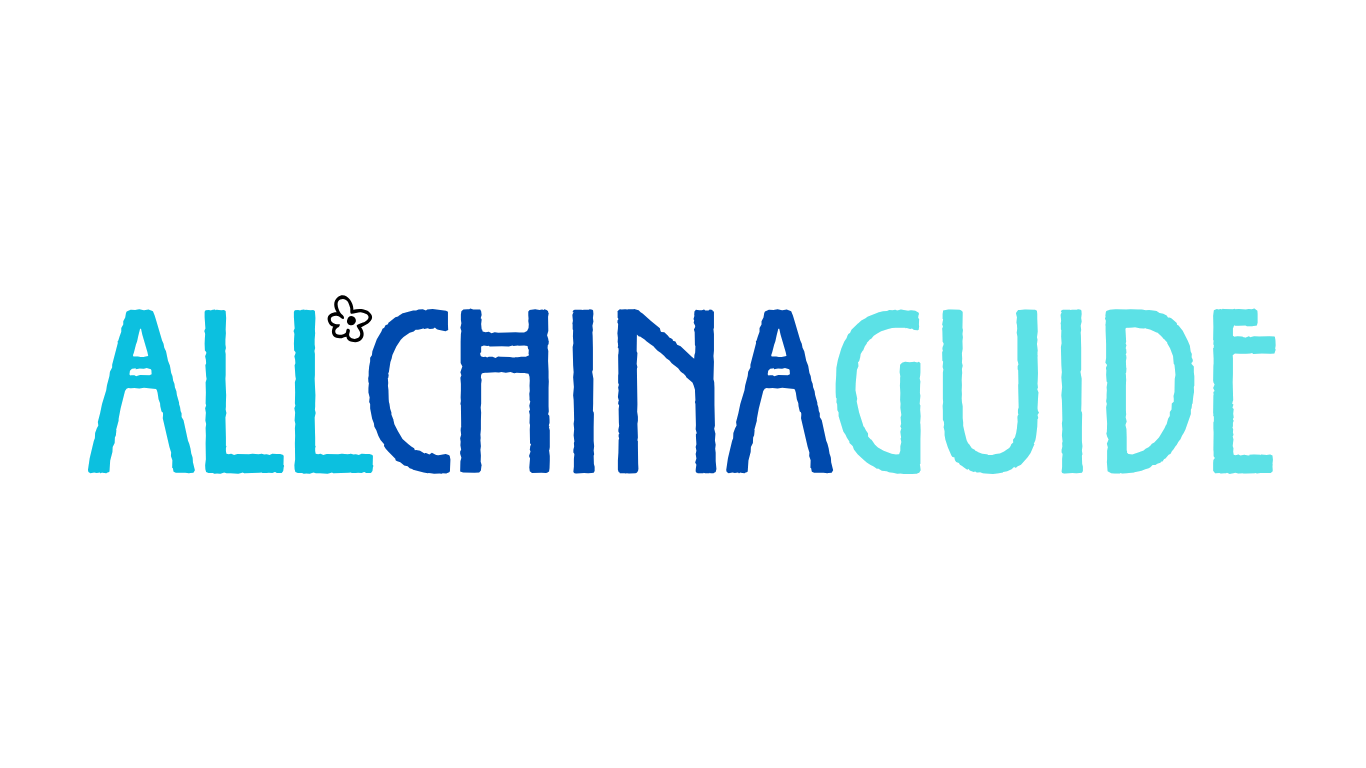
What You Will Be Glad To Know
Fun Facts About China
Massive information warrning :)
-
A Quick Guide to Chinese Flavors: North vs. South
China is huge — and so are its taste preferences. Here's a simple breakdown:
🧄 Northern China
Bold, salty, hearty. Think hand-pulled noodles, dumplings, lots of garlic, vinegar, and wheat-based dishes.🍚 Southern China
Lighter, fresher, more delicate. You’ll find more rice, steamed fish, subtle sauces, and a touch of sweetness — especially around Shanghai, Hangzhou, and Canton (Guangdong).🔥Now let’s talk spice…
So… How Spicy Is It?
If you love spicy food: China’s got you.
If you hate spicy food: China’s still got you — just speak up early.Some areas are famous for their fire:
🌶 Sichuan, Chongqing & Guizhou:
This is next-level spice — hot and numbing. Your mouth may tingle, your nose may sweat, but it’s all part of the experience. (And yes, it’s addictive.)🌶 Hunan:
Similar heat, but more direct — dry chili instead of numbing peppercorn. Less oily, equally dangerous.🧊 Everywhere else:
Most Chinese food isn’t naturally spicy — unless you ask for it. Just say “Bú yào là jiāo” (No spice) to avoid chili, and you’re good to go.
Most menus are only in Chinese — but don’t panic.
Many restaurants use photos or QR-code menus. Pointing is a valid strategy. Google Translate camera mode will be your best friend.No tipping needed.
It’s not expected in China.In Chinese restaurants, every restaurant will offer free tea or you can bring your own bubble tea.
Vegetarian? It’s complicated.
Even “vegetable” dishes may include pork fat or meat broth. Learn to say “No meat at all” (yì diǎn ròu dōu bú yào).Sharing is expected.
Chinese meals are communal. Dishes go in the center, and everyone helps themselves.Dishes don’t arrive in order.
It’s not appetizer → main → dessert. Dishes come out as they’re ready. You might get your soup last — it’s normal.No sweet endings.
Don’t expect cake or crème brûlée. Dessert isn’t a thing at most Chinese restaurants. Sometimes, fruit or nothing at all.
-
Your passport is your ticket.
That means:
✅ When buying a ticket, your passport number must be accurate.
✅ Bring your original passport to board the train.Two checkpoints — don’t lose focus:
1. 🛃 First check: Entering the station
Go through security, then head to the manned entrance.
A staff member will check your passport and ticket info. Don’t try the automated gates — they only work for Chinese IDs.2. 🚉 Second check: Boarding your train
In the waiting hall, when your train is ready for boarding, head to the platform entrance.
Again: use the manned entrance, show your passport, and you're in.Pro tip:
Arrive at least 30–40 minutes early. Chinese stations are massive, and security + finding your gate can take time.Train tickets are digital, but booking them... not always easy.
Most apps are in Chinese. That’s where we come in. 😉
You can also use third-party platforms like Trip.com — but if you don’t trust them (or don’t want the hassle), let us handle it for you!Taxis are cheap, but drivers often speak no English.
Most locals use DiDi — it’s basically China’s Uber. But taxis are still a solid choice, especially for short rides or if you can’t access the app. Just be sure to show your destination in Chinese!Silent electric scooters are everywhere.
They're fast, sneaky, and completely silent — look both ways before crossing.Subways have airport-level security.
Bag scan? Always. Water bottle inspection? Sometimes. Dangerous selfie stick? Confiscated.
-
People might stare at you or ask for a photo with you— they are just curious. It’s all about perspective. If you feel uncomfortable, just say no.
You might be offered hot water — even in summer.
“No” might come wrapped in a “Maybe” or “Let’s see.”
Smoking is still common — especially among older men. Don’t be surprised if someone lights up next to you, even indoors.
Most indoor public places (like malls, trains, and restaurants) officially ban smoking — but enforcement varies.
Don’t smoke in subways, or high-speed trains — it’s strictly forbidden (and can cost you a fine).
Coffee culture is booming in developed cities — you'll find plenty of cafés and bubble tea shops everywhere. Some popular coffe brands include Luckin Coffee, COSTA, Tim Hortons, and MANNER COFFEE…and yes, Starbucks is everywhere too.
Sun? What sun?
You might see women wearing long sleeves and pants in the middle of summer. They’re avoiding a tan! In China, many prefer lighter skin, so sun protection is a full-time job.
-
Public toilets are everywhere in China (also in the metro stations), no need to go to McDonald’s anymore, BUT most of them often have no paper (except some places), remember to bring your own. And don’t be surprised by squat toilets — you’ll be seeing a lot of them in China.
Women’s toilets in China? Yep — also need to do the queue just like everywhere else in the world. And yes, the occasional queue-cutter exists, but hey, most people play fair.
Dos
✅Carry your passport with you — you’ll need it for trains, hotels, SIM cards, etc.
✅ Carry cash as backup.
✅ Check if your hotel accepts foreigners before booking (some hotels can’t).
✅ Take a screenshot of your hotel address in Chinese (or get a card from reception) for taxi drivers.
✅ Learn to use chopsticks — it’s part of the adventure!
Don’ts
❌Don’t assume traffic will stop for you in China — look both ways, always.
❌ Don’t drink tap water — always go for bottled or boiled.
🚫 Absolutely no drugs — not even a little bit.
China has zero tolerance for drugs. Possession, use, or trafficking can lead to arrest, prison, or even worse.
❌ Don’t rely only on Google Maps — it’s not always accurate in China.
❌Don’t come to China during holidays, there will be A LOT of people.
As long as you stay on the right side of the law, you’re good.
Getting surprised (or even confused) by local culture?
That’s part of the fun. Keep an open mind — adventure lives in the unexpected.

Let’s Learn Some Chinese!
你好!nǐ hǎo!
Hello!
好的! hǎo de!
Okay!
谢谢!xiè xiè!
Thank you!
不知道。bù zhī dào.
I don’t know.
我要这个。wǒ yào zhè ge.
I want this one.
对不起。duì bù qǐ
Sorry.
厕所在哪儿?cè suǒ zài nǎr?
Where’s the toilet?
不要辣椒。bú yào là jiāo.
No chili.
多少钱?duō shǎo qián?
How much is it?
If you’re a total beginner — these phrases are all you need to get started (and maybe even impress someone).
Wanna learn more? Come find me on italki!

Is That Really True About China?



